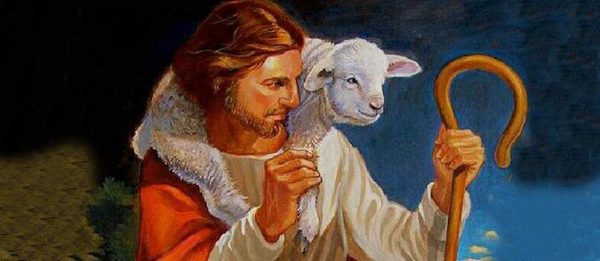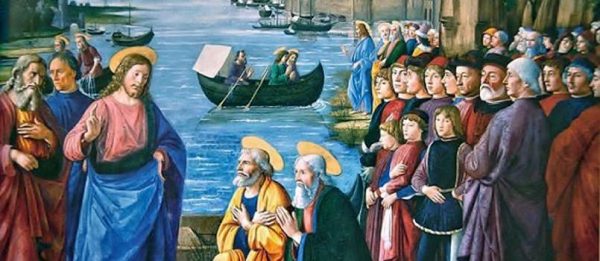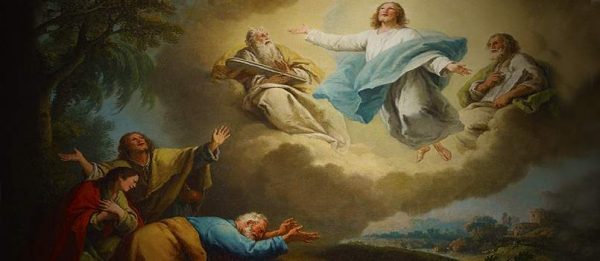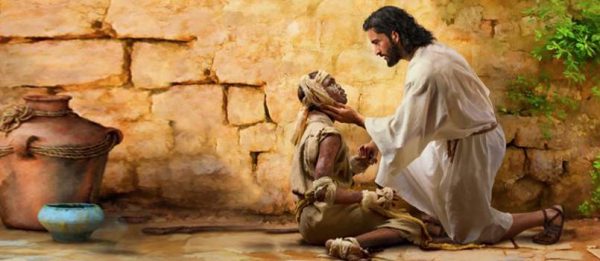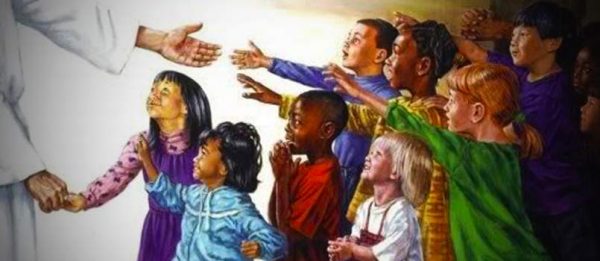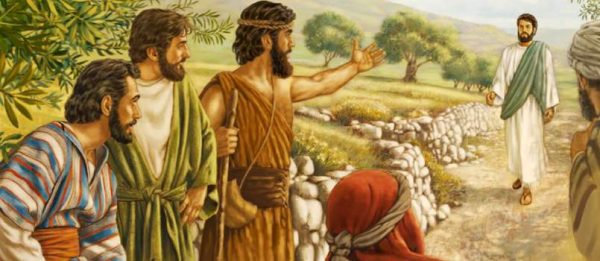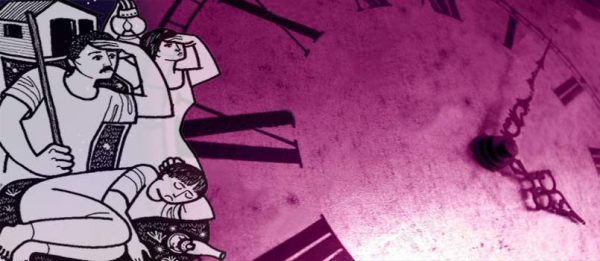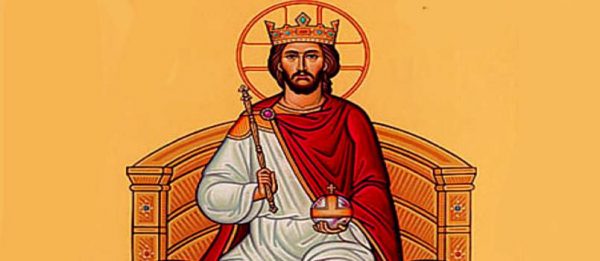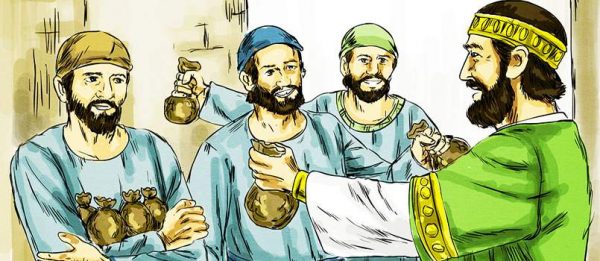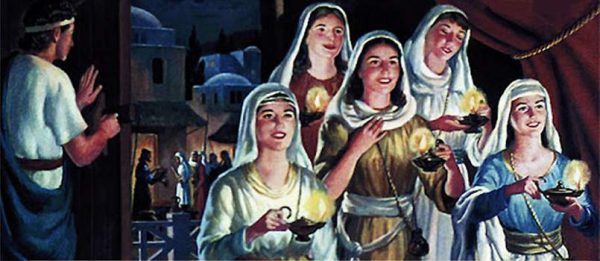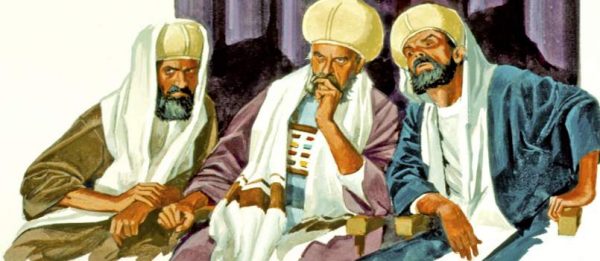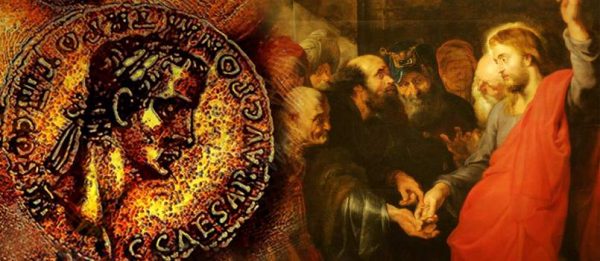302 total views
The Lord Is My Chef Sunday Recipe, Wk. XXX-C, 23 October 2016
Sirach 35:12-14, 16-18//2Timothy 4:6-8, 16-18//Luke 18:9-14
One of the good news that always comes out when bad things happen like calamities is that people learn to pray; when two powerful typhoons hit the country last week, not only churches but even Facebook were filled with people praying for protection from harm! I was even surprised that FB had evolved into some sort of an “ultra-magnetic shield” that people have to click on a post to indicate they are “protected” or “safe” from the typhoons. Sorry I was not able to post my reflection last Sunday wherein I reflected on the importance of a deep faith in God in order to gain what we pray for like the widow in the Lord’s parable. Prayer does not change the situation but prayer changes the person. God cannot prevent nature from having typhoons and earthquake but God can make us stronger in dealing with these calamities and other situations in life. And that is why in prayer, what is needed next to faith is the right attitude which is humility.
Jesus addressed this parable to those who were convinced of their own righteousness and despised everyone else. “Two people went up to the temple area; one was a Pharisee and the other was a tax collector. The Pharisee took up his position and spoke this prayer to himself, ‘O God, I thank you that I am not like the rest of humanity — greedy, dishonest, adulterous — or even like this tax collector. I fast twice a week, and I pay tithes on my whole income.’ But the tax collector stood off at a distance and would not even raise his eyes to heaven but beat his breast and prayed, ‘O God, be merciful to me a sinner.’ I tell you, the latter went home justified, not the former; for whoever exalts himself will be humbled, and the one who humbles himself will be exalted.”(Lk.18:9-14)
Humility is not degrading ourselves or putting ourselves down; a humble person is not someone wearing tattered clothes or always bowing and nodding before everyone else. St. Teresa of Avila defined humility as “walking in truth” or being truthful as we have reflected the other month. Humility, along with humor, is from the Latin word humus which is ground or soil. A humble person and a person with a sense of humor are both of the ground or down-to-earth. I like the Filipino term for someone with a sense of humor: “mababaw ang kaligayahan” that he can laugh at things easily because he is near the ground. The Latin root of humility and humor, humus, reminds us of the second creation account (Gen. 2:7ff) where God forms the first human being from clay or dust of the ground and breathed life unto him to be alive. Therefore, humility is admitting who we really are as being formed by God who breathes life into us, calling us in a relationship with Him because He loves us and cares for us. Humility is rejoicing in God in this giftedness that eventually leads us to humbly accept our weaknesses and failures, asking for His mercy always like the tax collector in the Gospel.
When we celebrate the Holy Eucharist every Sunday, we rejoice in God’s many gifts and blessings showered upon us even if we are all undeserving because of our sinfulness. That is humility. And that is why right after the greetings at the start of the Mass, we ask for God’s mercy and pardon. The Holy Mass teaches us a lot of things about humility and prayer, especially the importance of self-knowledge that leads to right relationships. A lot often, we are like the Pharisee who forgets the fact that we are able to do good things because of the grace of God, that we cannot claim anything on our own! This is the reason why St. Luke immediately declared at the start of our Gospel today that“Jesus addressed this parable to those who were convinced of their own righteousness and despised everyone else.” For the second time, St. Luke used today the word “justification” which is salvation but also implies the right relationships with self, others, and God. Jesus said that the tax collector went home justified because he was the one who had the right relationships: he admitted his guilt that he could not go inside the temple and could not even look up to heaven except beat his breast for his sinfulness. He knew where he would stand. The Pharisee was not really praying but actually asking God to praise him for his goodness! We pray because we need God. Why pray at all if we feel we are God, or at least we do not need God?
Prayer is being stripped naked before God where He lovingly accepts us because He loves us so much. When we refuse to remove all our masks and pretensions, then we fail to see and experience His love because that is also when we refuse Him. Why pray at all if all we seek is our larger than life selves with bloated egos? Ben Sirach in the first reading tells us that the just or humble person is one “who serves God willingly” whose prayer is often heard by God. Such a person is one who is focused more on God than self. With your indulgence, see at how some people on Facebook post something on their wall and would be the first to “Like” it, and worst of all, even write a comment! Ikaw na lahat! Ikaw na! Or notice how lately nobody seems to accept any wrongdoing in Facebook, everybody is claiming to be right and reasonable? It seems everybody is into “creative imaginations” but the danger with that is we never arrive at the truth. Lahat na lang magaling, at napaka-galing!
Worth emulating for us all today is St. Paul who wrote Timothy as he approached death. On the surface, sometimes we feel St. Paul as being too proud but on closer studies and reflection, we find in him the true essence of humility: he is so real as we say “totoong totoo” as he credited everything to God, always boasting in Christ’s name. He willingly served the Lord that he could now confidently declare “I have competed well; I have finished the race; I have kept the faith” without any qualms because it was the truth. Most of all, in pure humility, St. Paul expressed his complete confidence not in himself but totally in God from whom he awaits the “winner’s crown.”
Lord Jesus Christ, help us to see ourselves as the Father sees us: a forgiven sinner and a beloved child. Amen. Fr. Nicanor F. Lalog II, Parokya ni San Juan Apostol at Ebanghelista, Gov. F. Halili Ave., Bagbaguin, Sta. Maria, Bulacan.












